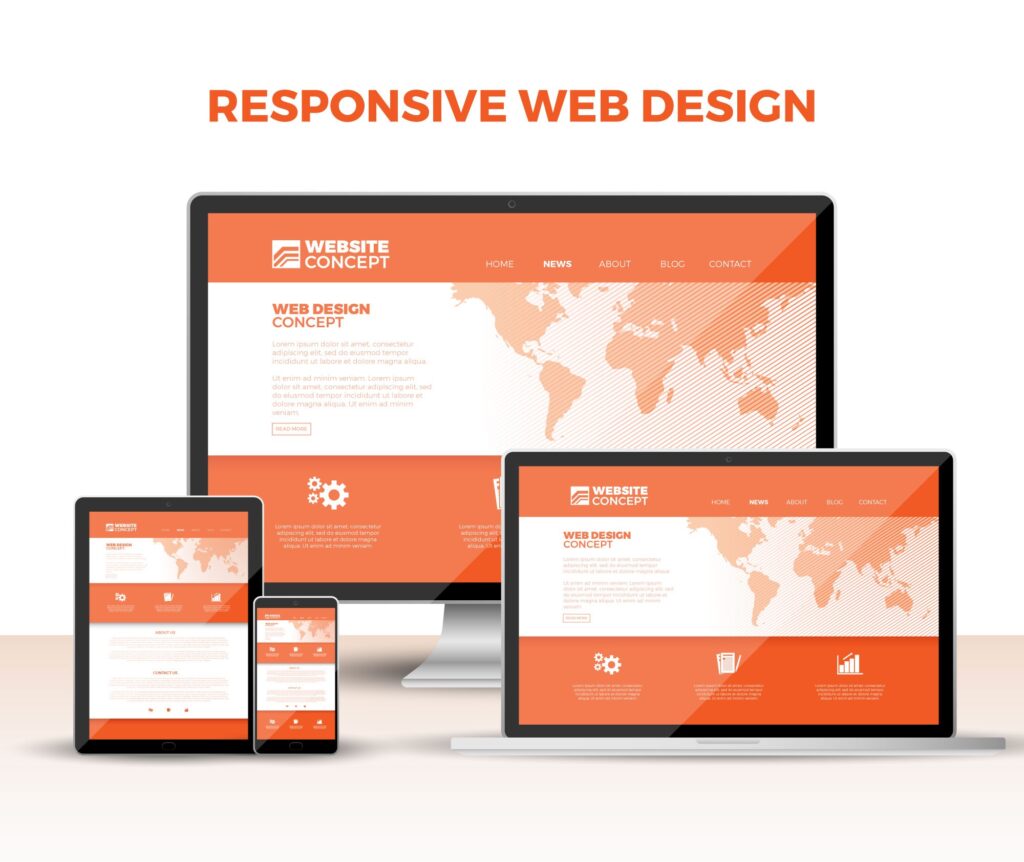- In recent years, the landscape of education has undergone a profound transformation with the rise of e-learning websites. These platforms have revolutionized the way people access knowledge, offering flexibility, accessibility, and a wide range of learning options. In this blog, we'll explore the innovations driving the evolution of e-learning websites and their impact on education.
1. Interactive Learning Experiences
- E-learning websites have introduced interactive learning experiences that engage learners in ways traditional education cannot. Through multimedia elements such as videos, animations, simulations, and gamification, students can actively participate in their learning process, making education more enjoyable and effective.
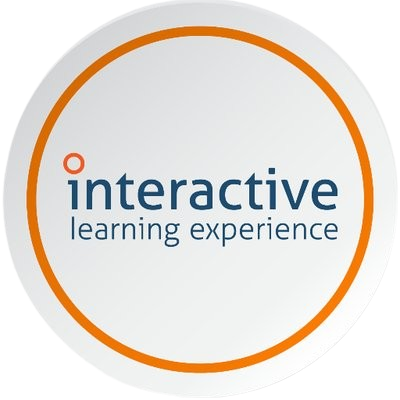
2. Personalized Learning Paths
- One-size-fits-all education is a thing of the past, thanks to e-learning websites that offer personalized learning paths. These platforms utilize algorithms and artificial intelligence to assess each learner's strengths, weaknesses, and learning style, providing customized content and recommendations tailored to their individual needs.
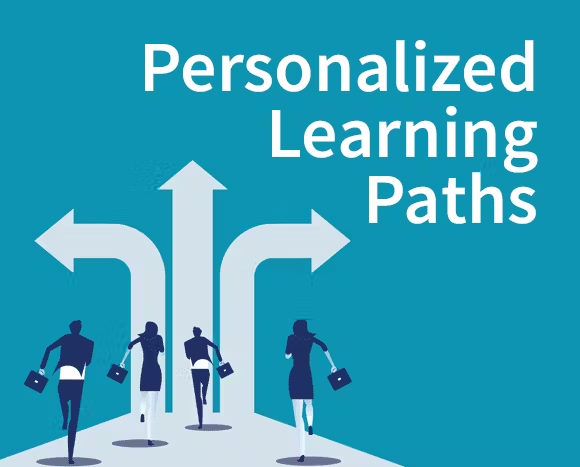
3. Accessible Education for All
- E-learning websites have democratized education by making it accessible to people from all walks of life. Regardless of geographical location, socioeconomic status, or physical limitations, anyone with an internet connection can access high-quality educational resources and pursue their learning goals at their own pace.
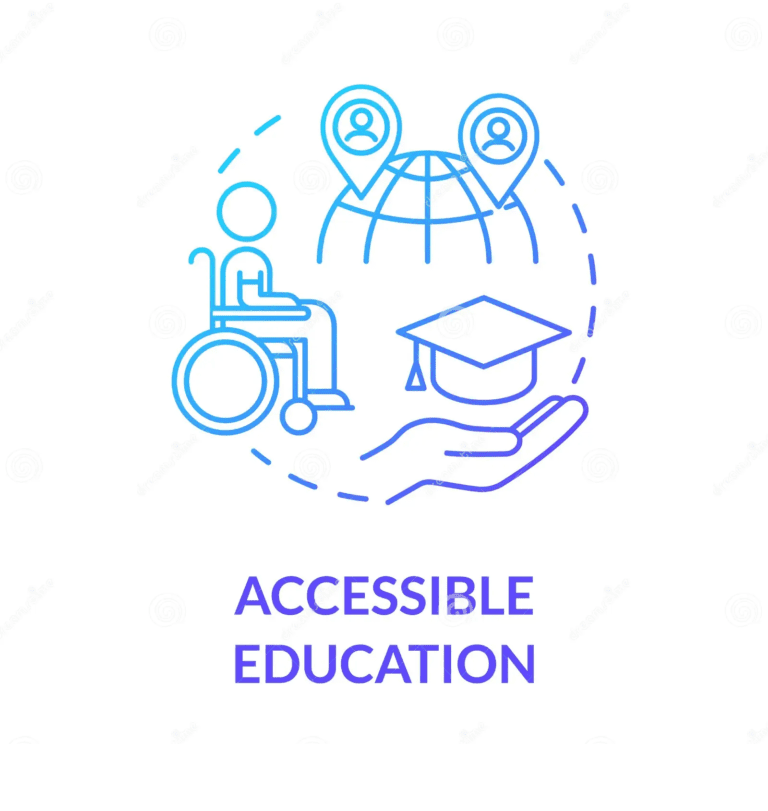
4. Global Learning Communities
- E-learning websites have facilitated the creation of global learning communities, where students from around the world can connect, collaborate, and learn from each other. Through discussion forums, social networking features, and peer-to-peer feedback mechanisms, learners can gain diverse perspectives and cultural insights, enriching their educational experience.

5. Microlearning and Bite-Sized Content
- With the increasing demand for on-the-go learning, e-learning websites have embraced microlearning and bite-sized content. Short, focused lessons and modules allow learners to consume information in small increments, making it easier to fit learning into their busy schedules and retain knowledge more effectively.
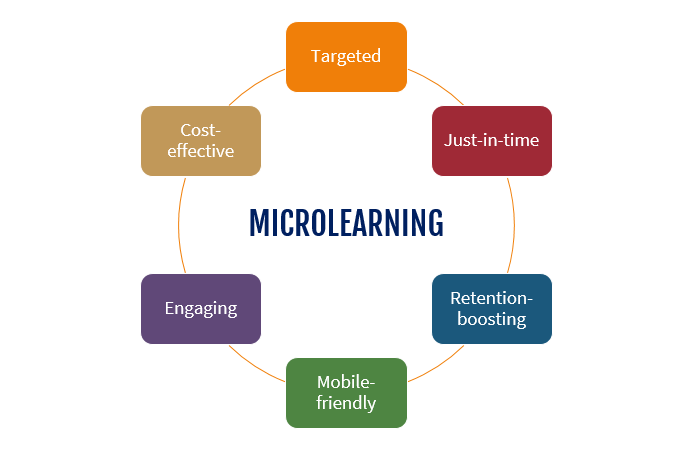
6. Continuous Learning and Skill Development
- E-learning websites support lifelong learning and skill development by offering a diverse range of courses, workshops, and certifications across various subjects and industries. Whether individuals are looking to advance their careers, pursue new interests, or acquire in-demand skills, these platforms provide opportunities for continuous growth and development.
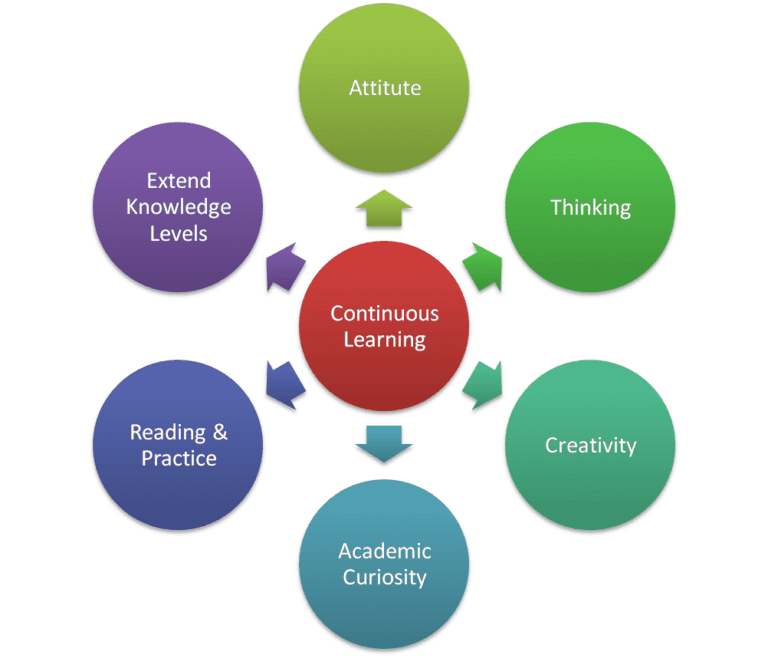
7. Real-World Application and Practical Skills
- Unlike traditional education, which often focuses on theoretical knowledge, e-learning websites emphasize real-world application and practical skills. Through hands-on projects, case studies, and interactive simulations, learners can gain valuable experience and prepare themselves for success in the workplace.
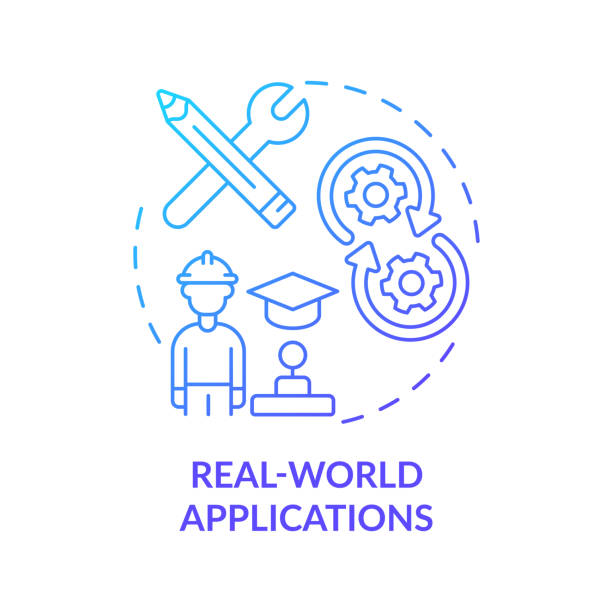
Conclusion
- In conclusion, e-learning websites have transformed the educational landscape by offering innovative learning experiences that are interactive, personalized, and accessible to all. From interactive multimedia content to personalized learning paths, these platforms cater to the diverse needs and preferences of modern learners, empowering them to pursue their educational goals on their own terms. By fostering global learning communities, embracing microlearning, and emphasizing real-world application, e-learning websites are not just providing education; they are shaping the future of learning itself. As we continue to witness advancements in technology and pedagogy, the potential for e-learning to revolutionize education and empower learners around the world is limitless.


